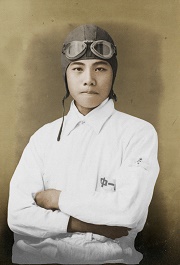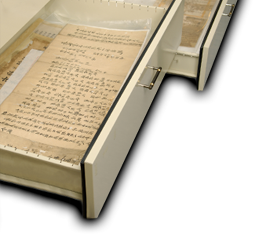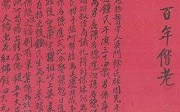
Publication date: 12 Mar 2018 In 1937, The Taiwanese Directory, published by Taiwan New People Newspaper, recorded basic information on more than 2000 influential Taiwanese people. According to the directory, 960 people said that traveling was one of their leisure activities, making it the third most popular activities (after reading and gardening). Traveling became so popular not only because the influence of the traditional saying “it is better to travel ten thousand miles than to read ten thousand books”, but also through school excursions in the Japanese colonial period. Traveling was both a leisure activity for busy people to enjoy “a little happiness” and an approach for Taiwanese to gaze into the modernity found in Japan and Western societies. It also provides a perspective to see how Taiwan was deeply influenced by Japanese culture. School excursions, travel activities led by teachers and arranged in class-based units in order to develop students’ physical and mental health and to enrich school life, have been seen as an extension of school education. One-day short trips were limited to places that could be accessed by walking, whereas school excursions could utilize various forms of transportation and travel for a longer time. The school excursion was introduced to Taiwan when the National Language School (Kokugo School) was established in 1897, during the early colonial period. It was an important path to promote Statism and cultivate children’s patriotism, and eventually became a routine in every school. Children traveled both on the island and abroad, sometimes visiting the metropolitan state, Japan. Half of the travel expense was supported by the government. The visiting routes were not always the same; however, it had to include Emperor Meiji’s Graveyard, the Imperial Palace and the Ise Grand Shrine in order to solidify the imperial subjects’ spirits. The students were also led to visit famous spots, schools, parks, museums and factories to experience the cultural and national power of their metropolitan state. In May, 1940, in order to ensure traffic flow and to save fuel during the war time, the Japanese government required schools to stop the excursions. |
 |



